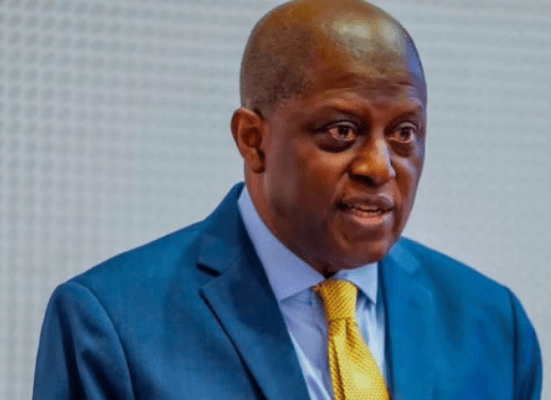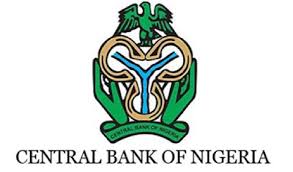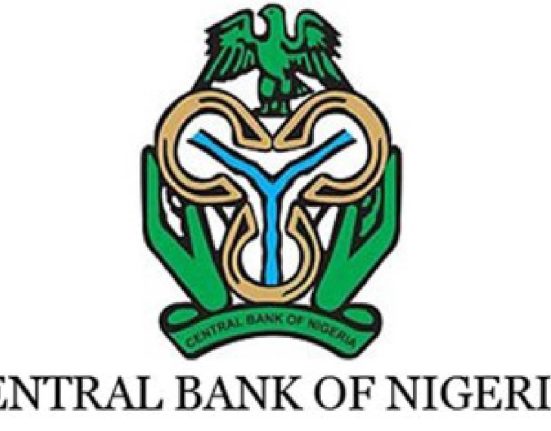The Nigerians in Diaspora Commission (NIDCOM) has attributed the recent increase in diaspora remittances, estimated at $600 million monthly, to the ongoing foreign exchange reforms initiated by the Central Bank of Nigeria (CBN). The Commission described the development as a strong signal that confidence is gradually returning to Nigeria’s formal financial system.
Speaking on the trend, NIDCOM Chairperson, Hon. Abike Dabiri-Erewa, noted that the uptick in remittances is a direct result of policies aimed at unifying exchange rates and removing bottlenecks that previously discouraged Nigerians abroad from using official channels to send money home. She explained that reforms implemented by the apex bank have helped close the gap between the official and parallel market rates, thereby incentivising the use of licensed money transfer operators.
According to available data, diaspora remittances into Nigeria remain one of the country’s most significant sources of foreign exchange. In 2023 alone, Nigerians living abroad sent home over $20 billion, placing the country among the top recipients of remittances globally, alongside India, Mexico, and China. On a monthly average, the nation now receives around $600 million, a notable increase from previous years when strict forex policies, dual exchange rates, and a cumbersome remittance process discouraged inflows through official channels.
Hon. Dabiri-Erewa stressed that these inflows not only support millions of households across Nigeria but also serve as a stabilising factor in the country’s foreign exchange market. She also emphasized the role of remittances in boosting investment in sectors such as real estate, agriculture, education, and small businesses.
The CBN, under its recent reform agenda, has rolled out several measures including the lifting of restrictions on forex access, liberalisation of the market, and improved transparency in foreign exchange transactions. These policies are part of broader economic adjustments aimed at restoring investor confidence and rebuilding Nigeria’s forex reserves, which had seen significant strain due to declining oil revenues and high import dependence.
Economic analysts have welcomed the increase in remittances as a positive sign for Nigeria’s balance of payments and a potential catalyst for stabilising the naira. They, however, urge the CBN to sustain the reforms and improve banking infrastructure to ensure seamless transfer processes and encourage more Nigerians in the diaspora to remit funds through official platforms.
While challenges remain, particularly around inflation, currency volatility, and capital flight, the steady growth in diaspora remittances offers a ray of hope for Nigeria’s economy. For many families, these funds are not just a lifeline, but a critical bridge between hardship and opportunity.
As the country continues to push for economic recovery and stability, NIDCOM maintains that the contributions of Nigerians abroad must be harnessed more strategically, not only as a source of foreign currency but as partners in national development.







